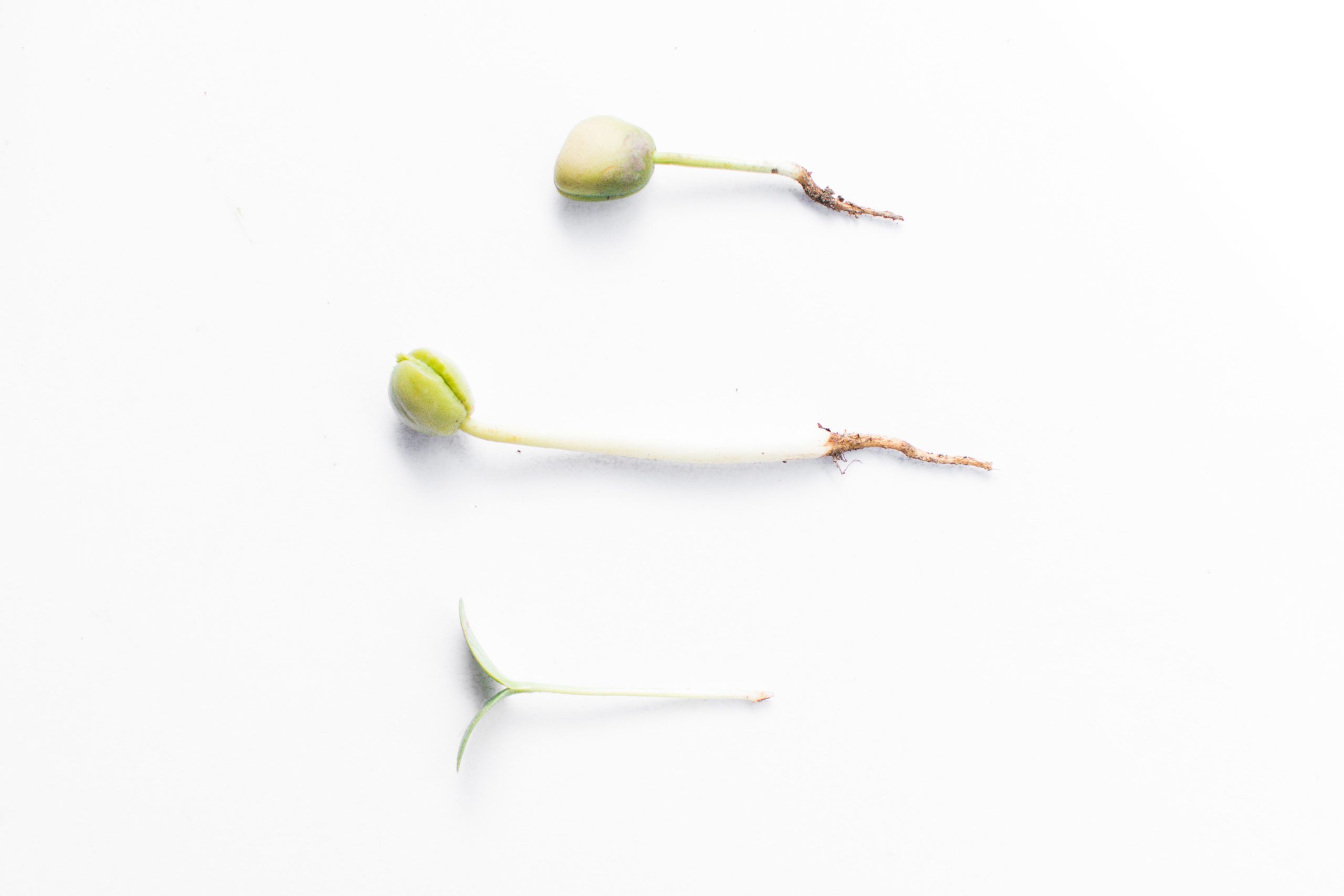From the report “Stress memory responses and seed priming correlate with drought tolerance in plants: an overview“, of Xun Liu, Wenli Quan, and Dorothea Bartels, published at Planta
Climate change and unevenly distributed precipitations seriously affect global agricultural production and food security. The frequently uneven rainfall distribution caused by global warming will lead to more irregular and multiple abiotic stresses. Dehydration stress is one of the major environmental factors affecting the survival rate and productivity of plants. Hence, there is an urgent need to develop improved resilient varieties.
Presently, technologies based on plant stress memory, cross-stress tolerance and priming of seeds represent fruitful and promising areas of future research and applied agricultural science.
It has been observed that pre-exposure to a mild biotic or abiotic stress can prepare plants for subsequent severe stress exposures. This phenomenon is referred to as “plant priming”, which is considered as a potential way to improve stress tolerance, and it is related to “plant stress memory”. The concept of stress memory represents an intrinsic response to repeated stress events.
Biochemical and molecular mechanisms of plant memory and seed priming still need to be investigated for precise and reliable applications of this approach. Future research needs to focus on the elucidation of how long the stress memory can persist, how to prolong and increase the positive effects of plant memory, and how to apply priming on a large scale to diverse plants.

